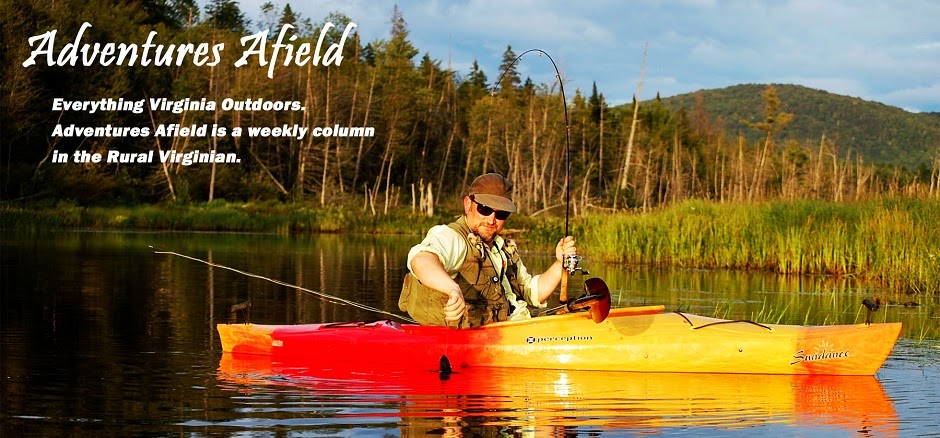Kids, they sat there waiting. Just three—an unbalanced number. One can talk to the other two but not with complete comfort lent by another on the periphery. They checked their phones nervously, sipped drinks and chatted half-heartedly, saving the fully robust body and flavor of spirited camaraderie for the arrival of the fourth. One fretted over a woman gone silent. The others sat idly by, grave in muted support, each on the cusp of change.
 |
| Photo by Matt Reilly |
The hallmark neon glow of a Mexican restaurant sign cast an electric hue onto the glass table, feigning the air of the high school Friday night lights, less the buzz. It was close to closing time, perhaps a bit past, but the group had held the doors unlocked before, and the owner and waiter are accommodating. Perhaps they empathize with the romanticism of the ritual. Maybe they’re just polite.
The fishing in the rural countryside during the summer months is best at dusk — and the sun sets late. So, dinner is set aside, displaced by fishing, and either takes an early hour or a late one. Late is the preferred option, as it provides a time for reflection. Food tastes better with the mind stimulated by the spirit of activity and even more when it is heading to a hungry stomach.
A bell sounded faintly as the expected fourth in the party cracked wide the restaurant’s front door. Two of the heads at the booth against the outside window swiveled, and the third looked welcomingly on. Changed from wet shorts and a dirty fishing shirt, he celebrated the novelty of a cool summer night in the South with weathered blue jeans, a flannel shirt and a seasoned trucker hat that tamed dirty brown hair, greased by humidity and the seemingly vaporous concoction of fish slime, pond water, and algae.
He wore a retired, victorious confidence like that old fishing shirt. He’d spent years fishing the same pond the four fished that evening, casting poppers with a fly rod from a canoe or from the bank long into the night, listening for the telltale splashes of feeding largemouth to alert him of their presence on the end of his line.
Taking the inside position at the booth, he assessed the attitudes of the others, as they were altered slightly after leaving the carefree world of the evening’s fishing and entering the world of the continuous ebb and flow of issues, problems and solutions. One continued, still, to glance at his phone nervously, worried over the stance of a girl on a recent dispute—his heart and mind battling with neither gaining the upper hand for any long interval. The other, a periodically ill-tempered but altogether nice guy reassured the other, comfortable in his own relationship with a girl, whose fickle deviations are met with his scoffs and temperamental dismissals. The other, more reserved and whose demeanor most closely matched that of the fourth’s, had no horse in the race, and so interjected none.
By the dictation of the culturally instituted formula for success, the four were staring down the beginnings of college educations. Having completed the seemingly monstrous task of surviving 13 years of school, a short period of irresponsible and unhindered celebration was followed by a heavy sense of the unknown. School was a known. Leaving home wasn’t. By pure necessity of physical distance, some girls would be left behind in a hazy memory of life’s summer. Others would be clung to until strife and stress eventually eroded affection. Families and familiar places would become distant relatives and vacations. Local ties, as they were then, though they forwardly denied it, would be lost.
The fourth worried, then, over no such things, but had previously, and knew fully of their power. He too would lose a girl, would move away and be distanced from all things familiar. But he had spent the evening teaching the kid whose demeanor most closely matched his own how to cast a fly rod and the student learned and caught fish. A large fish fell to his own efforts in the last shade of light before darkness. The fish sounded and buried itself in weeds, requiring a wading retrieval, as he had performed dozens of times before.
In those moments he found comfort, ambition and fulfilled purpose—and a dream for a lifestyle built around those ideals. Unsure of the path forward but intent on the end goal, he made the decision to delay formal education and revel in fish, personal realization and what opportunities might come.
The waiter delivered food and all deep-thought processes were derailed. Smiles were passed around. Life went on.□
*Originally published in The Rural Virginian

